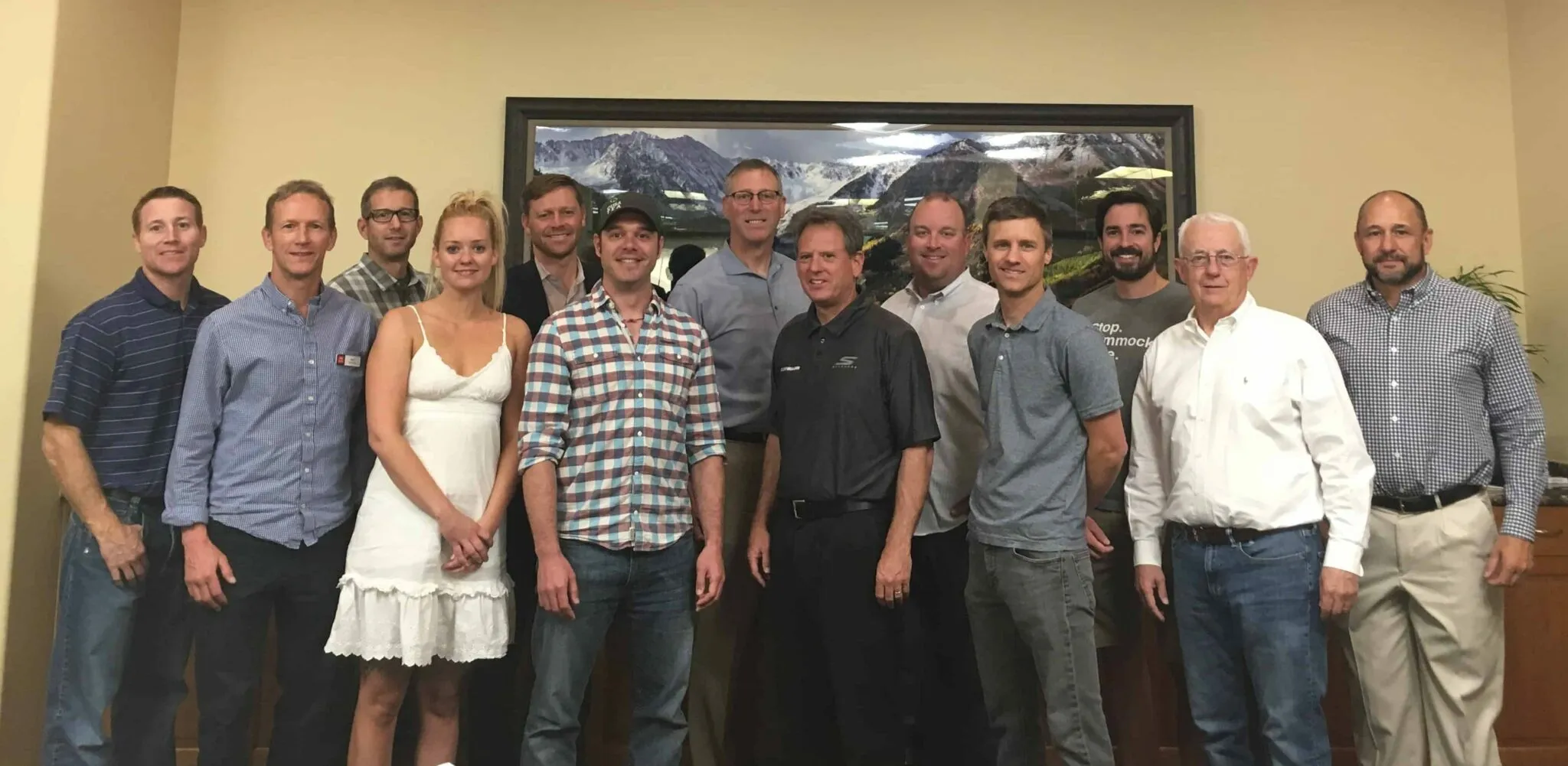Boulder outdoor industry looks to community to solve challenges

BOULDER — Boulder Valley’s outdoor industry is feeling the pressure of changing demographics, employee churn and the desire to coalesce as a community.
CEOs of Boulder Valley’s outdoor industry discussed the challenges and opportunities the industry faces at BizWest’s CEO roundtable this week.
THIS ARTICLE IS FOR SUBSCRIBERS ONLY
Continue reading for less than $3 per week!
Get a month of award-winning local business news, trends and insights
Access award-winning content today!
Already have a paid subscription?
